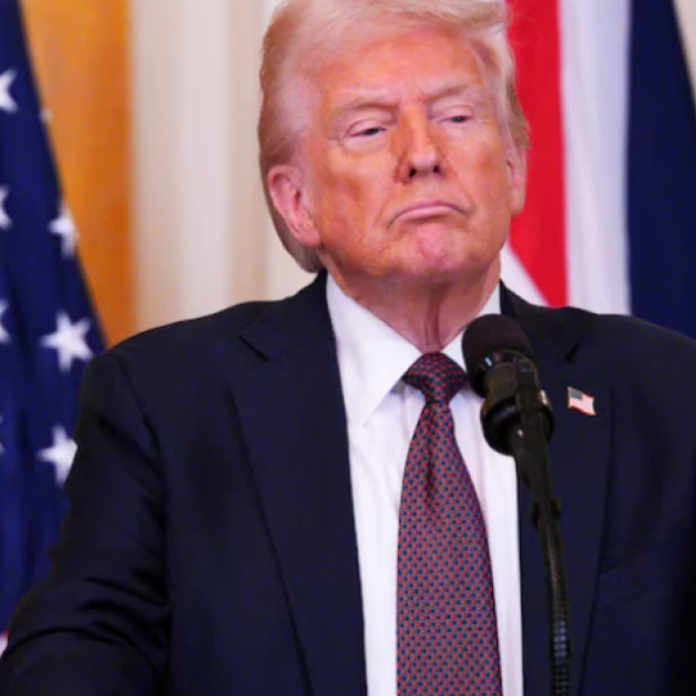The recent tariffs imposed by U.S. President Donald Trump are anticipated to significantly impact citrus farming in South Africa, potentially jeopardizing 35,000 jobs, according to a statement from a farmers’ association on Tuesday. On April 2, Trump introduced a 31 percent tariff on imports from South Africa, alongside a 10 percent baseline tariff on all imports and increased duties targeting various countries.
As the world’s second-largest citrus exporter, following Spain, South Africa exports approximately 5 to 6 percent of its citrus produce to the United States, generating over Ksh. 12.9 billion in annual revenue.
The Citrus Growers’ Association of Southern Africa (CGA) warned that the new tariff would impose an additional Ksh. 582 cost per carton, thereby reducing the competitiveness of South African fruit in the U.S. market. Gerrit van der Merwe, the CGA chairperson, emphasized that towns like Citrusdal in the Western Cape, which heavily rely on citrus exports to the U.S., could face severe economic repercussions.
“The immediate and significant impact of these tariffs may lead to increased unemployment or even total economic decline in affected areas,” van der Merwe stated. “There is considerable concern within our communities.”
The association noted that approximately 35,000 jobs are directly tied to the citrus export sector in South Africa. As local farmers begin packing citrus for the U.S. market this week, they have urged the government to prioritize prompt negotiations with the U.S. for tariff reductions or exemptions on citrus imports.
South Africa, recognized as Africa’s most developed economy, has indicated it will not retaliate against the U.S., its second-largest trading partner after China. Instead, the country aims to pursue negotiations for exemptions and quota agreements. Furthermore, South Africa contends that Trump’s tariffs undermine the advantages that African nations have benefited from under the African Growth and Opportunity Act, which provides eligible countries with duty-free access to the U.S. market. This 25-year-old trade initiative is set to expire in September.


